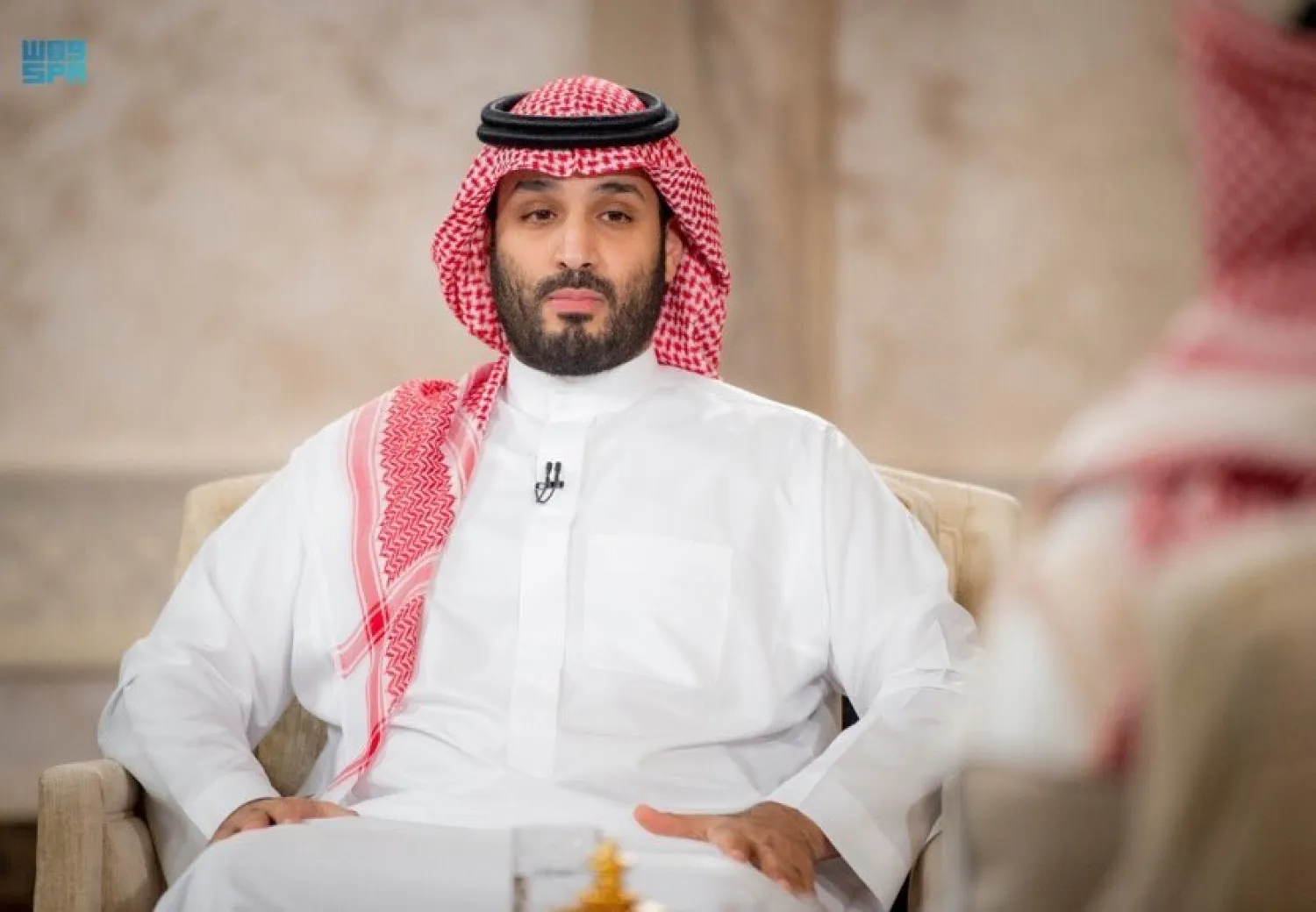Saudi Crown Prince Mohammed bin Salman, Deputy Prime Minister and Minister of Defense, stated on Tuesday that the Kingdom will achieve several of its Vision 2030 goals before 2030.
In televised remarks, he detailed the achievements of the vision on the fifth anniversary of its launch.
The vision, which is spearheaded by the Crown Prince, aims to wean the Kingdom off its dependence on oil and diversify its economy.
Crown Prince Mohammed revealed that as more of the 2030 goals are achieved, the Kingdom would then announce a vision 2040 that would allow it to compete on a global scale.
“We will take advantage of the unexploited opportunities of Vision 2030 and we want to do so as soon as possible,” he added.
He denied that authorities were seeking to impose an income tax inside the Kingdom.
“There will definitely be no such tax in Saudi Arabia,” he said.
Moreover, he explained: “Raising VAT to 15% is a temporary decision that will last one to five years and then it will go down to between 5% to 10%.”
Crown Prince Mohammed revealed that more shares of Saudi Aramco will be sold to foreign investors within a year or two.
“There are talks now for the acquisition of a 1% stake by a leading global energy company in an important deal that would boost Aramco's sales in ... a major country,” he revealed, without elaborating.
“There are talks with other companies for different stakes, and part of Aramco's shares could be transferred to the (Saudi) Public Investment Fund and a part listed ... on the Saudi bourse,” he said.
On oil, he said it has benefitted the Kingdom, but the country existed before the discovery of petroleum. Oil remains a major part of the Kingdom, but Vision 2030 wants to establish a stronger economy and a better life for Saudis.
This can be achieved through bolstering the economy with funds and investments and stimulating the private sector, he added, while revealing that discussions are underway with 30 Saudi companies within the Shareek program.
“It is in my interest for the Saudi nation to grow and for the Saudi citizens to be satisfied,” declared the Crown Prince.
On the Public Investment Fund (PIF), he said that it aspires to become a major fund and its profits will not yet be transferred to the state budget.
Crown Prince Mohammed revealed that he aims to grow the fund by over 200% in the next five years. In the future, the fund’s expenses will not exceed 2.5%. It will therefore, act as the Kingdom’s “new oil” and contribute in the diversification of the economy.
Among the Vision’s achievements so far are raising Saudi home ownership to 60% from 47% since 2016. Before the Vision, unemployment stood at 14% and it now seeks to reduce it to 11%. The aim is to reach 4 to 7%. The Vision has also made strides in the tourism sector and aspires to create 3 million jobs in the field until 2030.
On education, Crown Prince Mohammed said the Vison aims for Saudi Arabia to boast three universities that would rank in the top 200 in the world. The sources of education have become open, he went on to say, revealing that focus would be shifted to developing skills.
On foreign policy, he said that “it is based on achieving our interests”.
“The US is a strategic partner to Saudi Arabia and this partnership has had an impact on both countries. With every new American administration, margins for differences vary,” he noted, saying agreement between Riyadh and the Biden administration over various issues is at 90 percent.
On Iran, he said: “Iran is a neighboring country, and all we aspire for is a good and special relationship with Iran.”
“We do not want Iran's situation to be difficult. On the contrary, we want Iran to grow... and to push the region and the world towards prosperity.”
“Our problem with it, however, lies in its negative behavior, such as its nuclear program, support to outlaw militias and its ballistic missile program. We are working with our partners to deal with these challenges,” he stressed.
On Yemen, he remarked: “Saudi Arabia will not accept to have an outlaw militia on its borders.” He was referring to the Iran-backed Houthi militias.
The Kingdom will continue to press for the adoption of its latest initiative on Yemen to secure the region, he added. He hoped that the militias, which still have strong ties to Iran, would be receptive to the proposal and prioritize Yemen’s interests.










